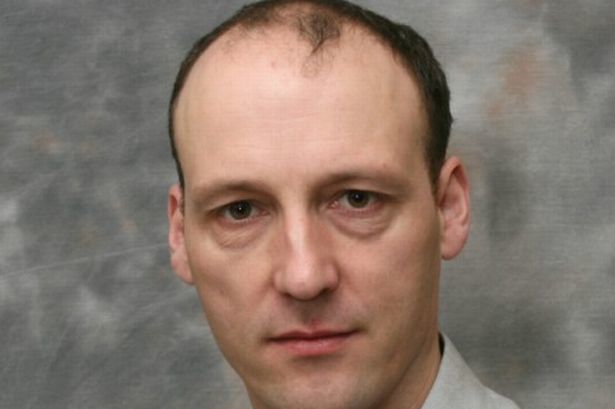A Dundee academic accused his peers of “living on another planet” for supporting the smacking ban during terse exchanges in the Scottish Parliament.
Dr Stuart Waiton, from Abertay University, said criminalising parents for physically chastising their children is “patronising and elitist”.
In what was at times a testy evidence session in Holyrood, Professor Jane Callaghan, from Stirling University, said smacking “doesn’t have a place in a civilised culture”.
Holyrood’s equality and human rights committee is taking views on draft legislation that would remove the defence of justifiable assault of children from Scottish law.
The Children (Equal Protection From Assault) (Scotland) Bill is being brought to parliament by Green MSP John Finnie.
Sociologist Dr Waiton said: “This is a tragic, depressing bill, and yet another one which appears to represent the aloof, elitist nature of politics and professional life that treats parents in a very patronising and degraded way.”
Demonstrating a slap on the wrist, Dr Waiton urged: “I would just plead to your common sense that if you think that doing that to a small child is a form of violence that harms them then you are living on another planet.”
The sociology and criminology lecturer pointed to the public gallery and said: “My daughter is over there. I’ve smacked her. Ask if she’s been violent lately.”
Dr Waiton warned that children being seriously abused and battered might “get lost in a sea of complaints by caring professionals who are now reporting every smacking incident”.
Professor Callaghan, the director of child wellbeing and protection at Stirling, said corporal punishment has “no positive consequences and has plenty of negative ones”, adding that smacking “doesn’t have a place in a civilised culture”.
“It’s long overdue that we end the justification of reasonable chastisement,” she added.
“The balance of evidence in psychological research and in research on domestic abuse and other forms of family violence suggests that this is the right choice.”
Dr Anja Heilmann, the lead author of a report into smacking children, spoke of her support to make it illegal and said: “Physical punishment is now banned in 54 countries around the world and within the European Union the UK is the outlier.
“The UK is only one of three countries where it hasn’t been banned.”
Annie Wells, the Glasgow MSP, cited polls, surveys, as well as conversations with people, and said: “We don’t have the public’s support on this bill.
“I don’t believe we should be making parents feel criminal.”





